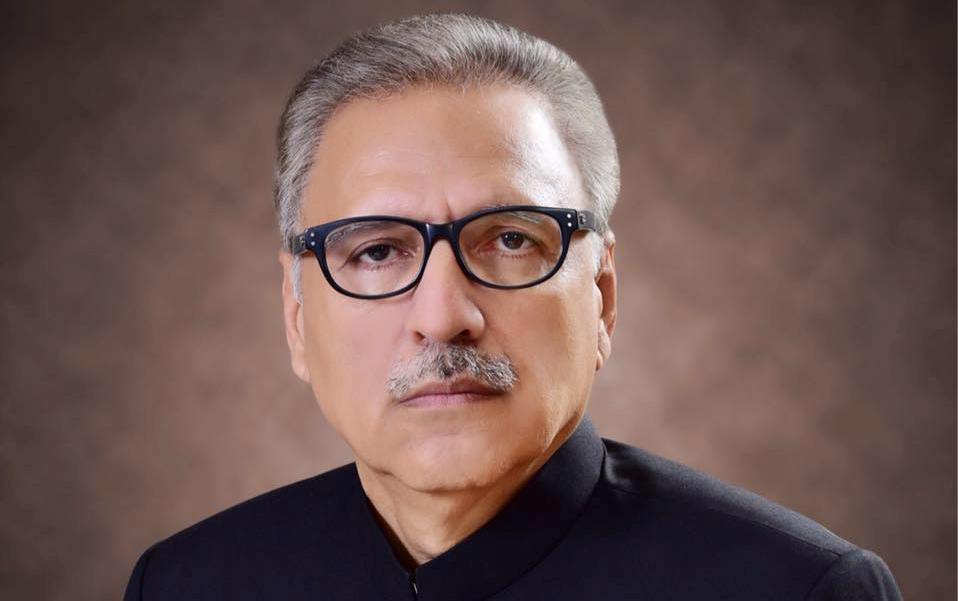مضمون کا ماخذ : sorteos میگا سینا
Military courts cease working
ISLAMABAD: The Inter-Services Public Relations (ISPR) on Sunday said that the military courts have ceased to function after their mandated period expired. According to an ISPR statement, the military courts were established through a constitutional amendment in the wake of an attack on Army Public School Peshawar. The statement read further, “Special constitutional arrangements were […]
ISLAMABAD: The Inter-Services Public Relations (ISPR) on Sunday said that the military courts have ceased to function after their mandated period expired.
According to an ISPR statement, the military courts were established through a constitutional amendment in the wake of an attack on Army Public School Peshawar.
The statement read further, “Special constitutional arrangements were made to effectively check the terrorists and terrorism.”
“Routine judicial system was under stress wherein judicial set ups and judges were also subjected to act of terrorism,” the statement read.
During the period of its validity, 274 cases were referred to Military Courts, said ISPR, adding that “out of these 161 were awarded death penalty (12 executed) and 113 were awarded imprisonment of varying duration”.
“The disposal through military courts has yielded positive effects towards reduction in terrorist’s activities,” the ISPR said.
Pakistan had legalised military court trials of terror suspects for a period of two years in January 2015, soon after terrorists killed 144 people, mostly children, at an Army Public School (APS) in Peshawar.
The army intensified its crackdown on extremists following the Peshawar massacre, as the civilian government introduced a National Action Plan (NAP) that included the creation of the military courts, which were allowed to try civilians on terror charges.
An All Parties Conference (APC) gave the green light for the amendments to the Pakistan Army Act to extend its jurisdiction for speedy trial of cases under specified acts and provide the constitutional cover with a sunset clause of two years from the date of enactment.
At first the 21st Amendment, as it is known, was met with much debate, but over time, military courts weaved themselves in to the fabric of Pakistan’s criminal justice system.
The Nawaz Sharif-led government has not said whether it plans to extend use of the courts.
The courts were seen as an “exceptional” short-term measure put in place to give the government time to reform the criminal justice system. But rights activists called for greater transparency, saying the courts failed to meet even the murky standards of military tribunals around the world. Despite the criticism, the military courts enjoyed considerable public support, as the civilian courts failed to deal with terrorism-related cases.
In a statement, the International Commission of Jurists (ICJ) said justice reform had not been carried out, and called for fair, credible trials.
“The lapse of the jurisdiction of military courts over civilians is a step in the right direction, but unsurprisingly, there is no sign of the promised reforms to strengthen the ordinary criminal justice system to effectively handle terrorism-related cases,” said Sam Zarifi, ICJ’s Asia director.
“The Pakistani government must not re-enact legislation to continue secret military trials of civilians, nor resort to more short-term, short-sighted security measures that are contrary to human rights protections,” Zarifi added.
Quoting military sources, the ICJ said 274 people have been convicted by military courts since January 2015, of which 161 have been sentenced to death. Twelve of those have already been hanged.
The rights group said the details of only seven cases where people were given life imprisonment have been made public. “The names, charges, and duration of prison terms for the remaining 106 people have not been disclosed,” the ICJ concluded.












